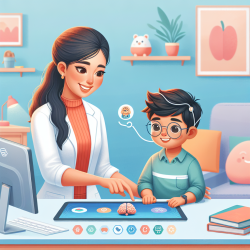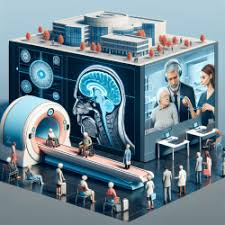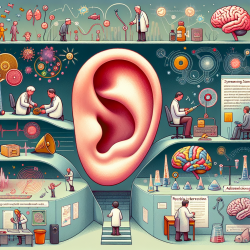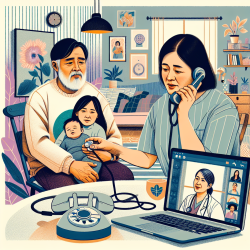Introduction
In the realm of child therapy, the importance of the therapist's interpersonal skills cannot be overstated. While manualized treatments have their place, the relational skills of a therapist often play a pivotal role in the therapeutic alliance and subsequent outcomes. The research article, "Facilitative interpersonal skills are relevant in child therapy too, so why don’t we measure them?" by Bate and Tsakas (2022), highlights the significance of these skills and the need for their assessment in child therapy.
Understanding Facilitative Interpersonal Skills (FIS)
The Facilitative Interpersonal Skills (FIS) paradigm was initially developed to assess therapist effects in adult psychotherapy. It involves therapists responding to standardized video scenarios designed to be interpersonally challenging. These responses are then coded for eight skills: verbal fluency, emotional expressiveness, warmth/acceptance/understanding, empathy, persuasiveness, hope/positive expectations, alliance-bond capacity, and rupture-repair responsiveness. Research has shown that therapists with higher FIS scores tend to have better therapeutic outcomes.
Adapting FIS for Child Therapy
The adaptation of the FIS task for child therapy, known as FIS-Child (FIS-C), involves using child and adolescent patients as stimuli. This adaptation is crucial because child therapy significantly differs from adult therapy, requiring specific relational skills. The pilot study conducted by Bate and Tsakas (2022) demonstrated adequate interrater reliability for the FIS-C, indicating its potential as a reliable tool for assessing therapist skills in child therapy.
Implications for Practitioners
For practitioners, the findings of this study suggest several actionable steps:
- Focus on Relational Skills: Emphasize the development of relational skills such as empathy, warmth, and alliance-building in therapy sessions.
- Utilize Performance-Based Assessments: Incorporate tools like the FIS-C to assess and improve interpersonal skills systematically.
- Engage in Continuous Training: Participate in training programs that focus on enhancing facilitative interpersonal skills, as these are shown to improve therapeutic outcomes.
Encouraging Further Research
While the pilot study offers promising insights, further research is needed to explore the full potential of the FIS-C. Larger sample sizes and diverse clinical settings could provide more comprehensive data on the effectiveness of these skills in various therapeutic contexts. Additionally, investigating the correlation between FIS-C scores and therapy outcomes with children could further validate its utility.
Conclusion
The integration of facilitative interpersonal skills into child therapy holds great promise for enhancing therapeutic outcomes. By focusing on these skills, practitioners can foster stronger therapeutic alliances and facilitate meaningful change in their young clients. As we continue to explore these skills' impact, tools like the FIS-C will be invaluable in guiding both research and practice.
To read the original research paper, please follow this link: Facilitative interpersonal skills are relevant in child therapy too, so why don’t we measure them?










